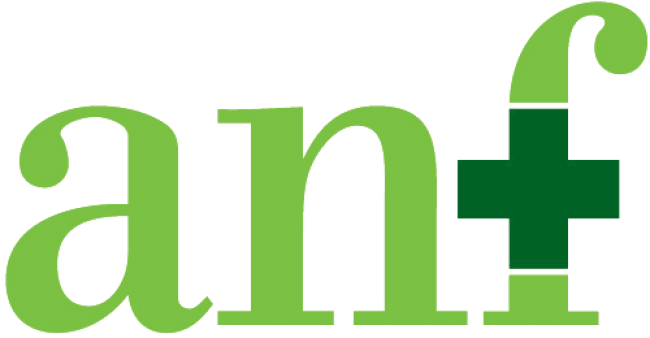AHED OFFERS PROGRAMMES IN SIX TRAINING AREAS
Medical Practice Technical Challenges
Aimed at the development of specific medical technical skills, using Dry and Wet facilities, allowing participants to work upon models, medical technology/equipment, and anatomical pieces and simulators.
A dedicated offer to medical professionals
See Courses
Professional Practice Technical Challenges
Promotes the delivery of specific care through the integration of different professional groups in a certain context
Dedicated to health professional groups working in one specialty
See Courses
Multiprofessional Care Integration Challenges
A set of programs addressing all health professionals broadly.
Targeted at the development of specific clinical technical skills.
See Courses
Transversal Challenges
Encompasses care-related practices that concern a wide group of professionals.
Designed to appeal to all professionals groups.
See Courses
Behavioral Challenges
Promotes the delivery of specific care through the integration of different professional groups in a certain behavioral context.
Dedicated to all professionals groups.
See Courses
Emerging Challenges in health
Addresses broad questions being raised currently across all sectors of health.
Aimed at all professionals groups
See Courses






